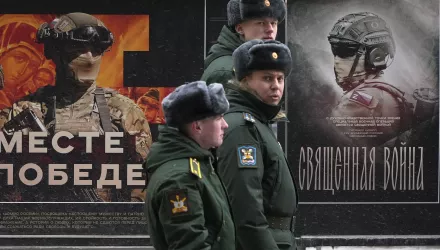Korea Academic Institute Academic Paper Series
Overview
"The denuclearization of the Democratic People's Republic of Korea (DPRK) continues to be a source of considerable international concern. Yet, no coherent international framework has emerged to deal with this challenge in parallel with the regional mechanism of the six-party talks. With the Nuclear Non-Proliferation Treaty (NPT) Review Conference set for 2010, appropriately addressing the DPRK nuclear issue is being identified as essential to maintaining the strength of the NPT. Can the United Nations (UN) afford to take a back seat in attempts at resolution? This article examines the potential of, and prospects for, an active UN role in facilitating Pyongyang's denuclearization process."
"Evolution of the UN Role in the Denuclearization of the DPRK
The DPRK nuclear issue is neither a single-nation problem nor solely the responsibility of regional powers. The UN, through its historical role on the Korean peninsula, has played a part in the larger picture.
The Korean War
The first of a handful of times UN members have collectively intervened in a war for the sake of restoring peace, the Korean War (1950-53) posed one of the most severe tests the UN has faced since its founding in 1945.
When war broke out in 1950, the Soviet Union was protesting by means of a boycott the Security Council's denial of the Chinese seat to the government of mainland China. Unrestrained by the veto of the absent USSR, the remaining council members resolved to send UN forces to Korea under U.S. command. Nearly 90 percent of all army personnel, 93 percent of all air power, and 86 percent of all naval power under the force commander, an American, General Douglas MacArthur, was provided by the United States.
Chinese involvement resulted in the UN force being pushed back and an armistice signed at Panmunjom in 1953. The subsequent resignation of UN Secretary-General Trygve Lie was widely attributed to the USSR's displeasure at UN involvement in the crisis.
Today, although the troops deployed south of the demilitarized zone under U.S. command continue to operate under the UN's blue flag, that international body exercises no control over them. It is alleged that the DPRK took recourse to developing its nuclear capability at least in part as a consequence of being made to feel insecure by the U.S. military presence and its de facto nuclear protection of both South Korea and Japan...."
Wu, Xiaohui (Anne). “Denuclearization of the DPRK—A Role for the United Nations?.” Korea Economic Institute, July 2008
The full text of this publication is available via Korea Economic Institute.



